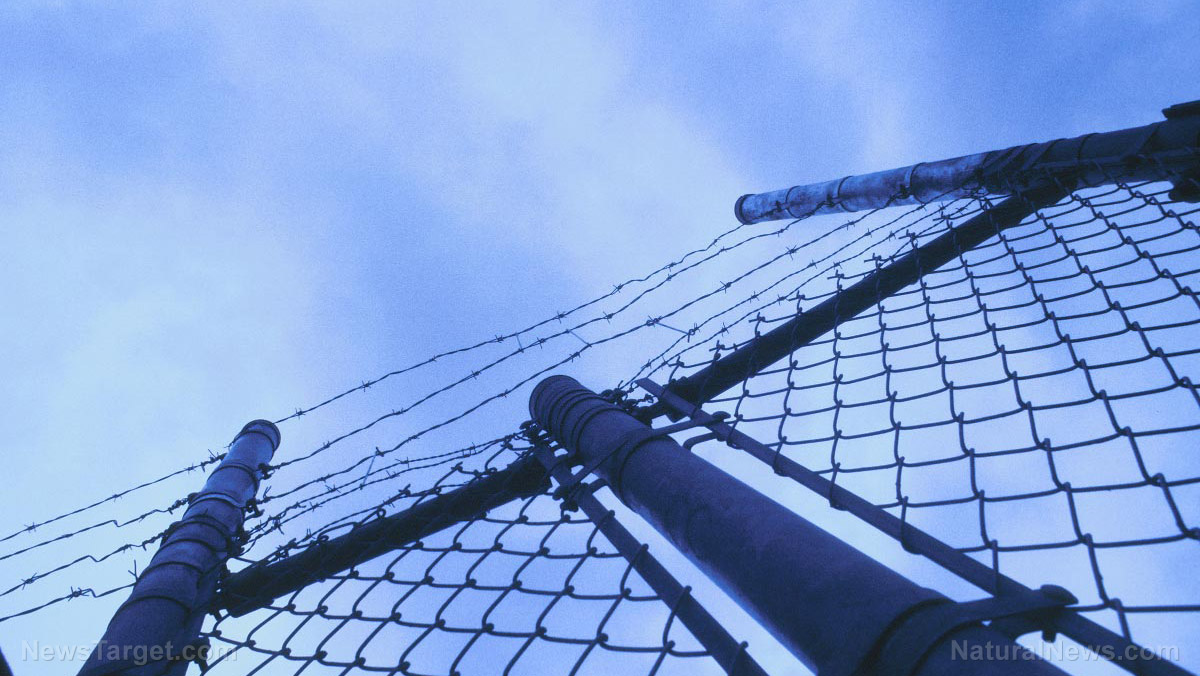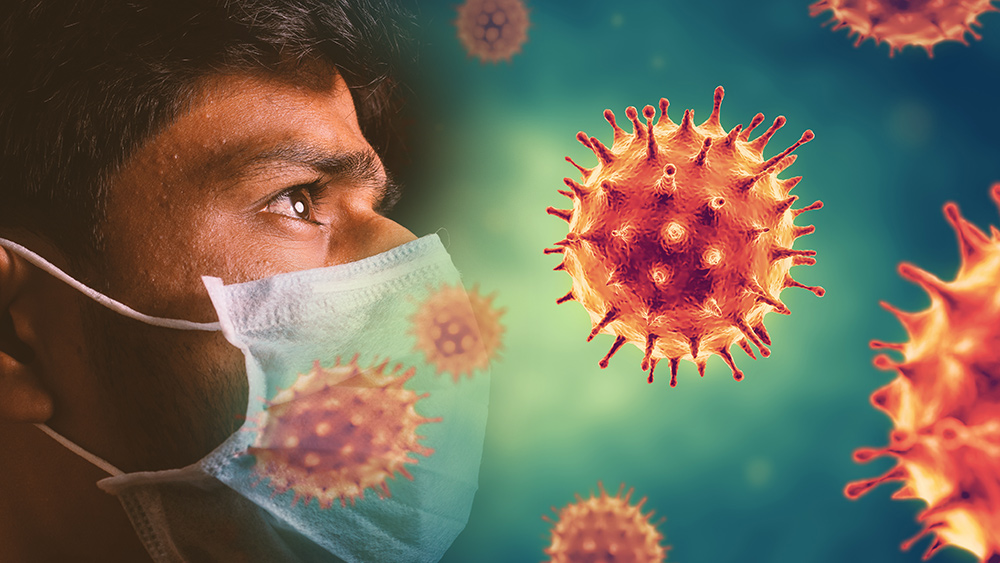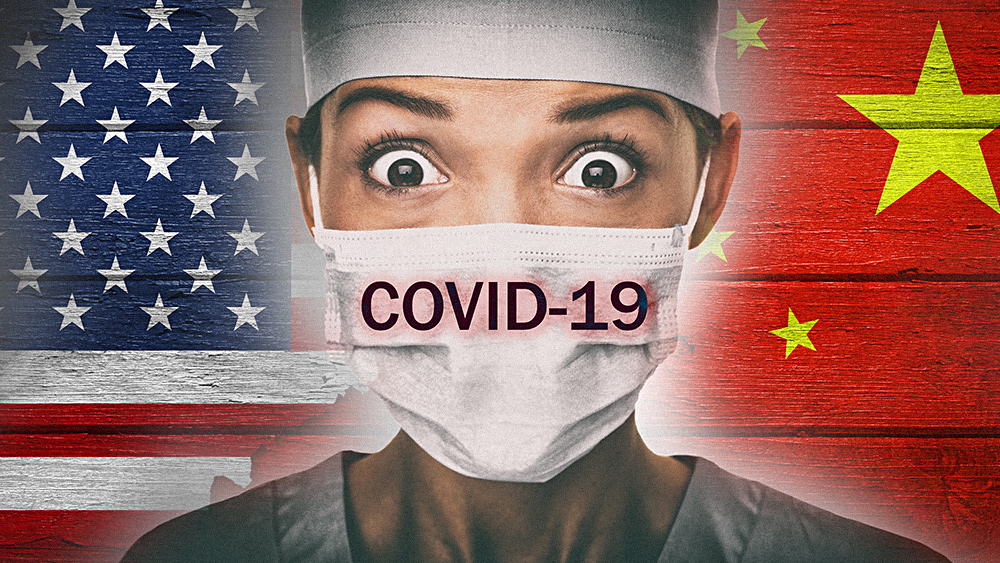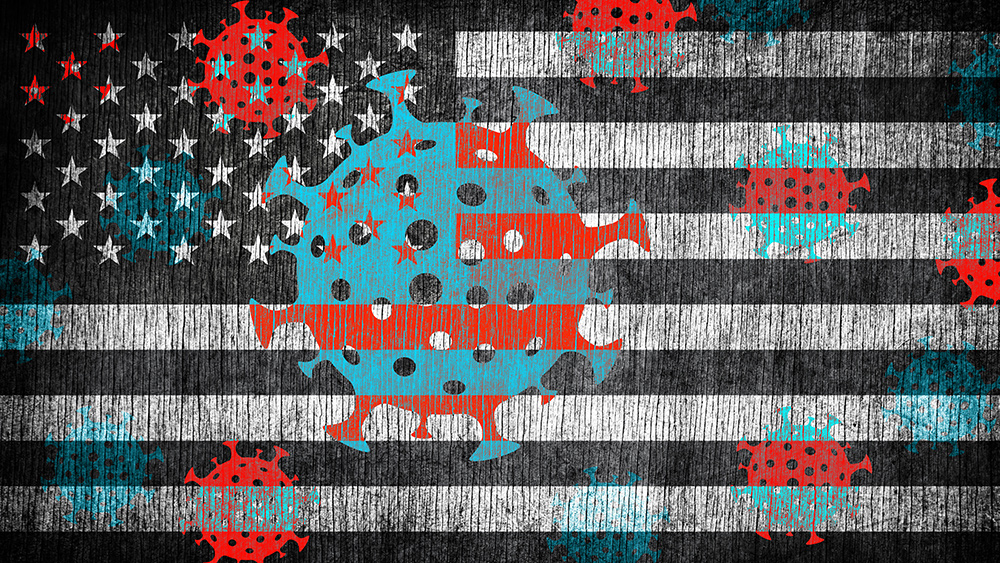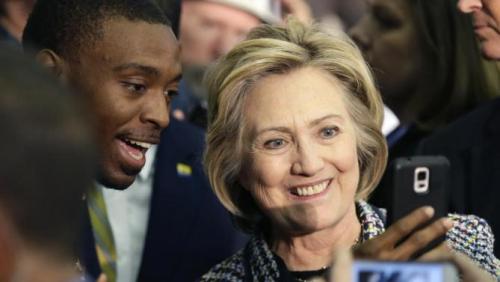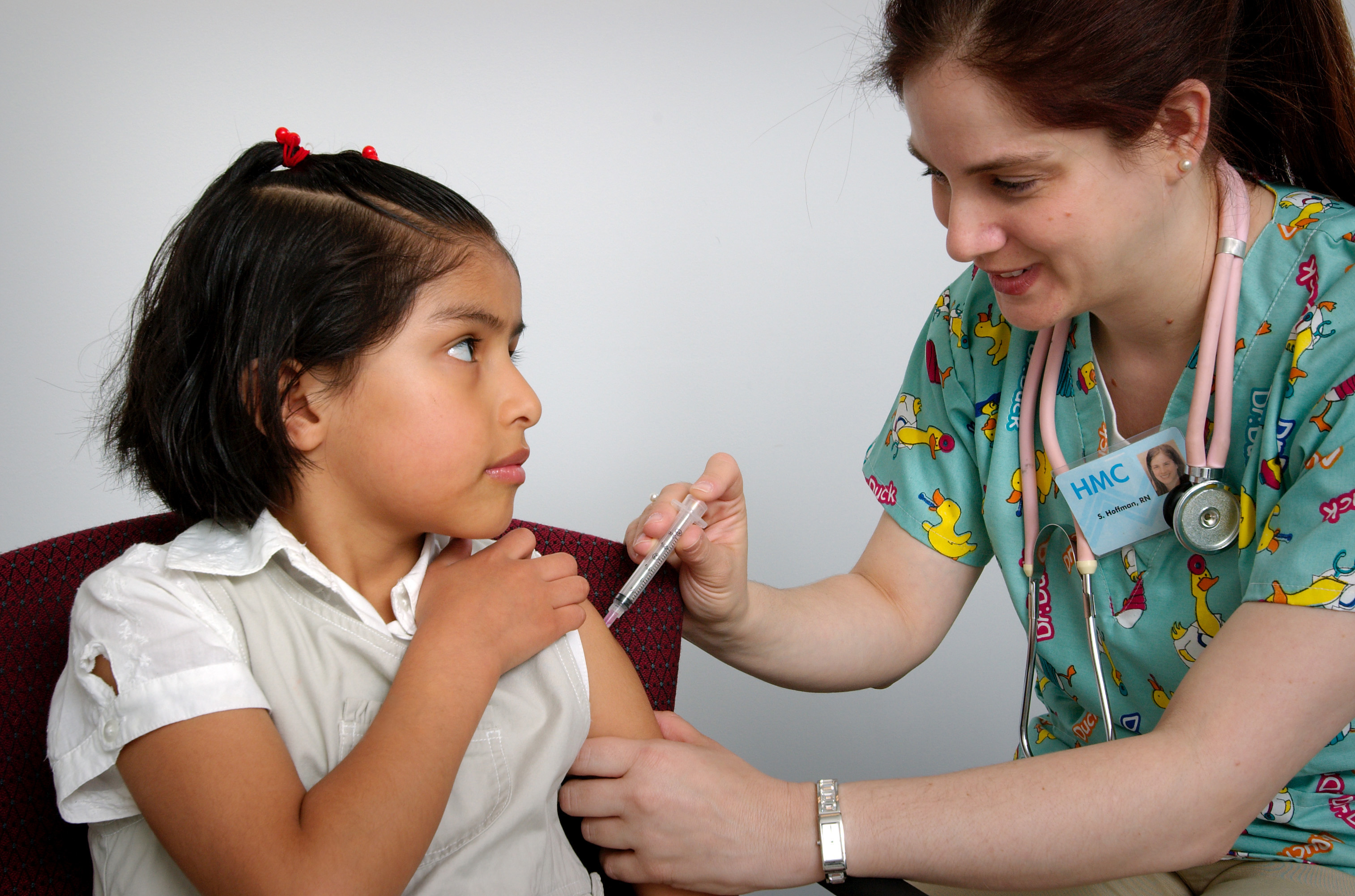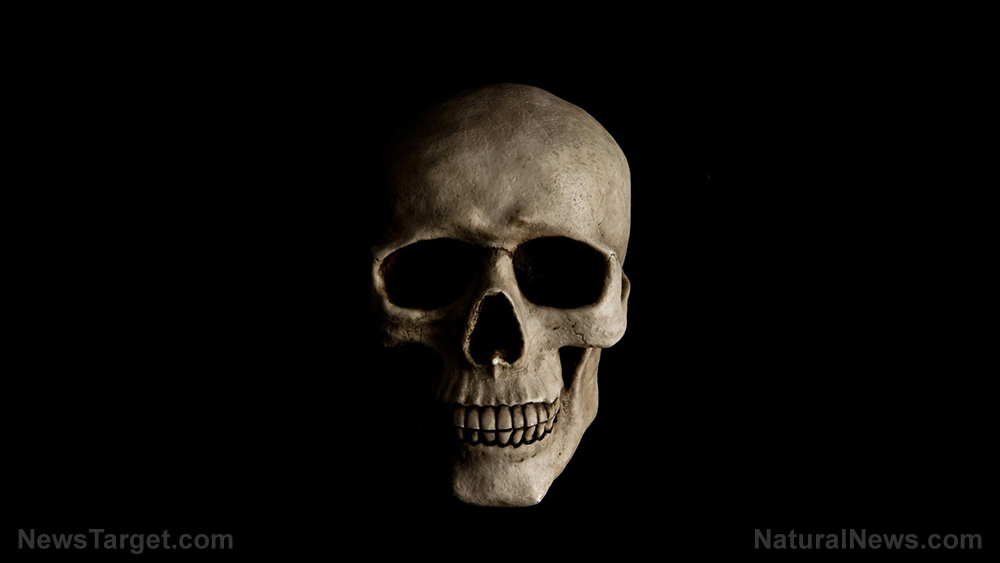Chinese drug makers plan to export coronavirus vaccines at rock-bottom prices, flooding the world with cheap, China-made vaccines
10/14/2020 / By Ramon Tomey
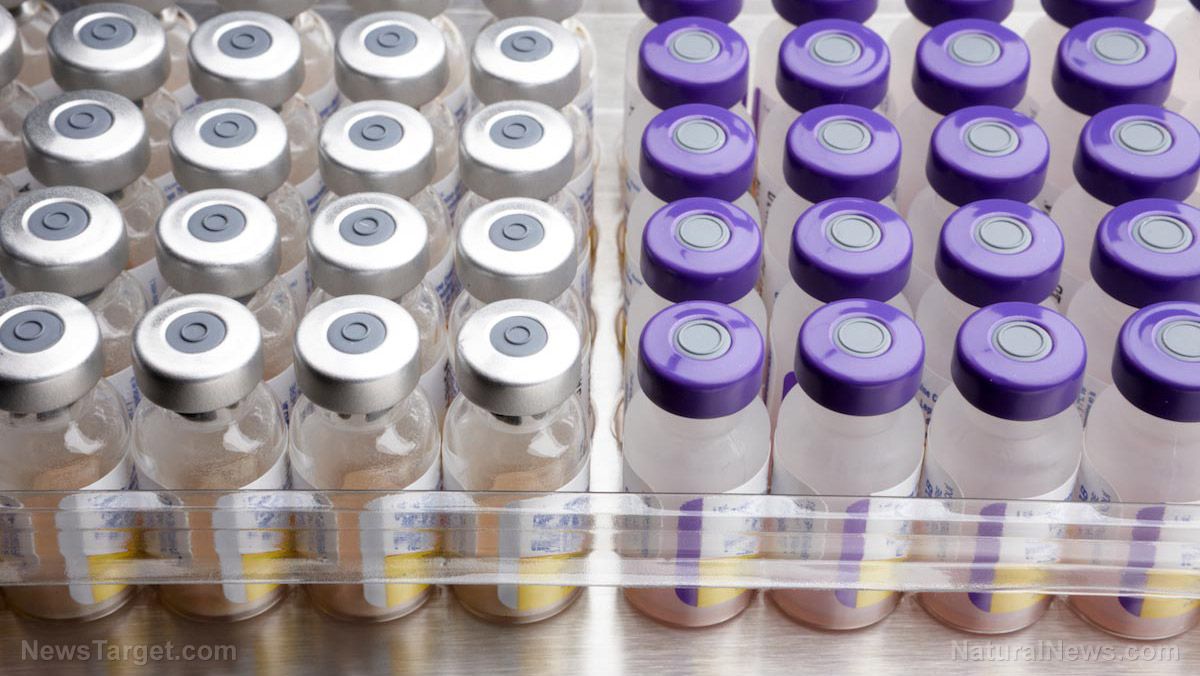
News reports have revealed that some Chinese pharmaceutical companies are planning to sell their coronavirus vaccines to other countries at extremely low prices and sell vaccines for domestic use at a higher cost. The reports came amid a worldwide race to develop a jab to protect against the novel coronavirus.
State-run newspaper Global Times reported on Oct. 2 that the state government of Sao Paulo in Brazil ordered 46 million COVID-19 vaccine doses from pharmaceutical company Sinovac Biotech. Sao Paulo governor Joao Doria confirmed the $90 million deal and asked Brazil’s health regulator Anvisa to register Sinovac’s coronavirus jab candidate. A company source cited by Global Times said the unit price of the vaccines for Sao Paulo fell to around $2 per dose – lower than that of other drugmakers.
Sinovac CEO and chairman Yin Weidong said the company would offer “a low price” for other potential vaccine buyers such as Indonesia and Turkey. However, the company will adopt an “international market price” when it sells its vaccine within China – with two doses of the vaccine costing lower than 600 yuan ($88.35).
Another Chinese pharmaceutical company, the state-run China National Pharmaceutical Group (Sinopharm), is also developing a vaccine against the coronavirus. It announced on Sept. 10 that its vaccine for the domestic market would cost less than 1,000 yuan ($147.26) for two or three doses.
Different prices for different vaccine makers part of Operation Warp Speed
Meanwhile, American pharmaceutical companies – especially those part of U.S. President Donald Trump’s Operation Warp Speed – have offered different unit prices per dose of their coronavirus vaccines, albeit at a higher price than Chinese vaccines. (Related: Trump administration demanding nationwide rollout of COVID-19 vaccines by Nov. 1.)
In August, Johnson & Johnson announced its entry into an agreement with the U.S. government to manufacture and deliver 100 million doses of its coronavirus vaccine. The company’s one-shot COVID-19 vaccine will be offered at $10 per dose following a “not-for-profit” basis.
Drugmaker Moderna also announced in August that its coronavirus vaccine would cost about $32 to $37 following a “pandemic pricing” scheme; larger volume agreements would be priced lower.
In July, Pfizer said it would offer 100 million doses of its vaccine, developed alongside German firm BioNTech, for free – in line with the U.S government’s commitment to making COVID-19 vaccines accessible for all.
In June, AstraZeneca said that the Serum Institute of India would distribute its coronavirus vaccine in India and other developing countries for about $3 per dose. The company suspended phase three trials for its coronavirus vaccine in September after two test subjects developed transverse myelitis.
China’s cheap coronavirus jabs come with an ulterior motive
The Chinese government has publicly urged Chinese pharmaceutical companies to export the coronavirus vaccines they develop. However, an expert has voiced out concerns over this seemingly altruistic move.
Tang Jingyuan, a China affairs commentator based in the U.S., said that the Chinese government seeks to dominate the global market with cheap vaccines so it could build its image as a global savior in fighting the pandemic. “It wants to show the world that a totalitarian ruling system is more effective,” Tang added.
In addition, the Chinese government wants to convince other countries to support its agenda. “It’s likely to get underdeveloped countries to rely on its vaccines, then these countries would support it at the United Nations and other international organizations,” Tang explained.
The vaccines themselves also had problems: Participants in Sinovac’s phase three clinical trial reported side effects such as fever, body aches and more. These side effects are no small matter, given what happened to AstraZeneca’s vaccine volunteers.
China’s export of coronavirus vaccines at extremely low prices appears to be another effort to downplay its role in the pandemic. The government’s attempt to “rewrite” what actually happened during the initial outbreak in Wuhan through a TV drama backfired when Chinese viewers criticized the series on social media.
It’s only a matter of time before China’s recent attempt to downplay its role in the coronavirus pandemic through cheap vaccines backfires.
Sources include:
Tagged Under: China, coronavirus, Coronavirus pandemic, coronavirus vaccine, covid-19, covid-19 pandemic, COVID-19 vaccine, immunization, inoculation, pandemic, Pharmaceutical companies, SARS-Cov2, Sinopharm, Sinovac, vaccination, vaccines, Wuhan coronavirus

